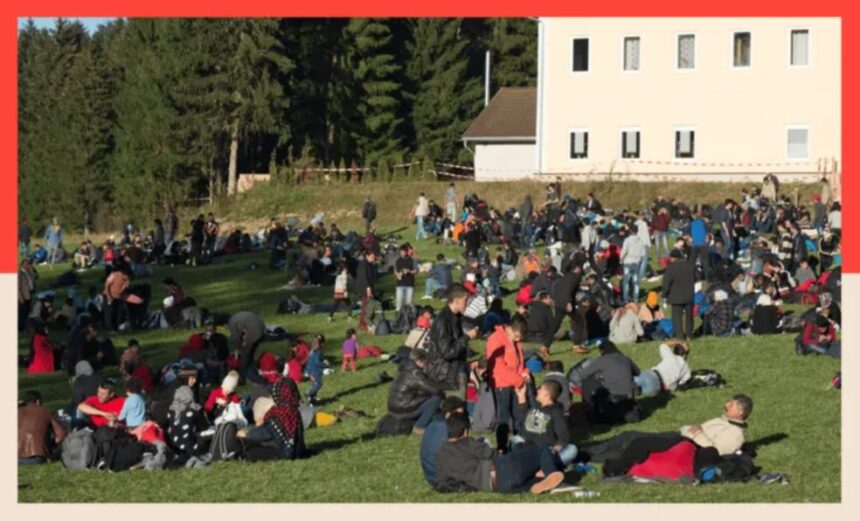Denmark: Siltanews – News Desk
Think, Denmark. Images of sleek, impossibly chic Copenhagen, the capital, might spring to mind. As well as a sense of a liberal, open society. That is the Scandinavian cliché.
But when it comes to migration, Denmark has taken a dramatically different turn. The country is now “a pioneer in restrictive migration policies” in Europe, according to Marie Sandberg, Director of the Centre for Advanced Migration Studies (AMIS) at the University of Copenhagen – both when it comes to asylum-seekers and economic migrants looking to work in Denmark.
Even more surprising, perhaps, is who is behind this drive. It’s generally assumed ‘far right’ politicians are gaining in strength across Europe on the back of migration fears, but that’s far from the full picture.
In Denmark – and in Spain, which is tackling the issue in a very different but no less radical way by pushing for more, not less immigration – the politicians taking the migration bull by the horns, now come from the center left of politics.
Migration is a top voter priority, right across Europe. We live in really unsettling times. As war rages in Ukraine, Russia is waging hybrid warfare, such as cyber-attacks across much of the continent. Governments talk about spending more on defense, while most European economies are spluttering. Voters worry about the cost of living and into this maelstrom of anxieties comes concern about migration.
But in Denmark, the issue has run deeper, and for longer. Immigration began to grow apace following World War Two, increasing further – and rapidly – in recent decades. The proportion of Danish residents who are immigrants, or who have two immigrant parents, has increased more than fivefold since 1985, according to the Migration Policy Institute (MPI).
A turning point was ten years ago, during the 2015 European migration and refugee crisis, when well over a million migrants came to Europe, mostly heading to the wealthier north, to countries like Denmark, Sweden and Germany.
Slogans like “Danskerne Først” (Danes First) resonated with the electorate. When I interviewed supporters of the hard-right nationalist, anti-immigration, Danish People’s Party (DPP) that year they told me, “We don’t see ourselves as racists but we do feel we are losing our country.”
Denmark came under glaring international attention for its hardline refugee stance, after it allowed the authorities to confiscate asylum seekers’ jewellery and other valuables, saying this was to pay towards their stay in Denmark.`
The Danish immigration minister put up a photo of herself on Facebook having a cake decorated with the number 50 and a Danish flag to celebrate passing her 50th amendment to tighten immigration controls. And Danish law has only tightened further since then.

